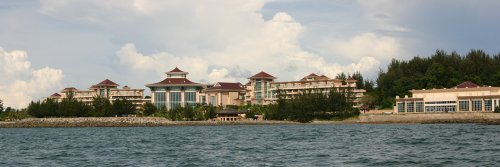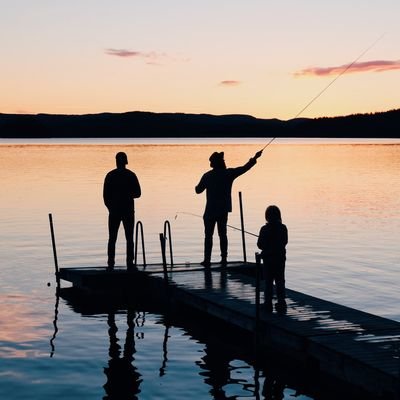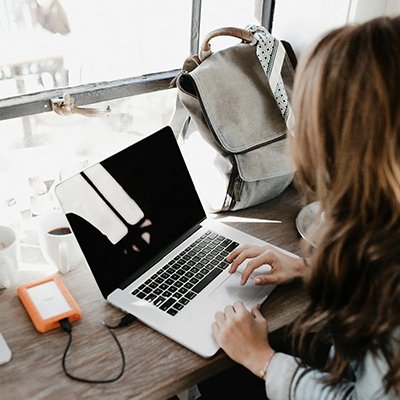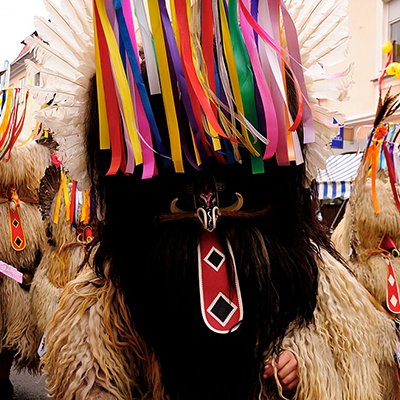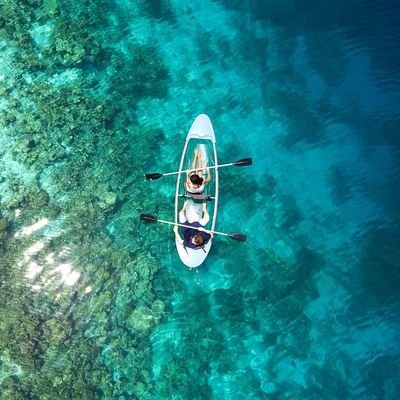A tiny country that would be on few bucket lists of places to visit, the Sultanate of Brunei is worth having a peek at if you happen to be on the island of Borneo. The lack of tourism can be attributed to certain factors, such as its remoteness and perception that there is nothing for a tourist to do, which is far from the truth as it has 160km of beautiful sandy beaches, stunning waterfalls, dense forests, and fascinating culture. Maybe it's the fact that the Sultan has the last say on everything in the country with a legal system built upon both English and Islamic Sharia law handing out harsh punishments for offenders, locals and tourists alike.
The bad news for many tourists is that Brunei is considered to be a 'dry' country—who goes on holidays and doesn't want to indulge in an alcoholic drink or two at some point during the day or night? This is where it's blurred, as tourists are allowed an alcohol allowance to bring into the country upon arrival for 'private' consumption; at some hotels and restaurants, tourists are able to consume alcohol in discretionary mode—translating to the bottle is hidden under the table, or at restaurants it may be served in a teacup as 'special tea'! Be careful where you light up a cigarette in public, as smoking is banned in most spaces, and be aware that there are plenty of places where taking a photograph is not allowed.
Brunei's absolute Monarch, Sultan Hassanai Bolkiah, is the longest reigning monarch in the world and one of the richest, due to Brunei's wealth in oil and gas reserves. His palace, which is also used as the seat for the government, is the largest residential palace in the world; 1,788 rooms, a garage that can hold 110 cars, 5 swimming pools, air-conditioned stables for his ponies and much more, taking in a massive 2,152,782 square feet regally sitting on the hilly banks of the Brunei River in a majestic leafy garden sprawl southwest of the capital, Bandar Seri Begawan. It's possible to gawk at the palace and fill your head with whimsical what-ifs when it’s open to the public during the 3 days of Hari Raya Aidil Fitri festivities held at the end of Ramadan. Any other time of the year, you must contend yourself with a cruise-by in a water taxi.
Brunei may be a utopia for the locals (approximately 500,000 souls) as the rich government subsidizes the country's socialist society by paying for most living expenses (healthcare, education, housing, and cars). The country has Malay origins and a heritage built upon Islamic beliefs. One of the few absolute monarchies left in the world, Brunei is second only to Singapore regarding wealth in Southeast Asia. It's possible to gawk at a monument to celebrate the billionth barrel of oil from the Seria oilfield in testament to this fact.

While outrageous wealth is on display with the palace and ostentatious mosques, especially the mosque of Omar Ali Saifuddin or the Jame Asr Hassanil Bolkiah Mosque in Kampong Kiaron, there's another side to the city where its citizens live in traditional houses built in overwater villages, despite the government's benevolence. This eclectic urban living can be found at the historical overwater stilted village of Kampong Ayer, where there are over 30km of footbridges connecting village houses, shops, restaurants, schools, and Mosques; it's a maze of humanity where boats are the prime way of getting around.
Tasek Merimbun Heritage Park is where you can meander around the largest lake in Brunei, and right in the middle of the city is a natural waterfall complete with an exhibition hall showing off the fauna and flora of a country that takes conservation very seriously. Brunei's history is on display at the Muzium Brunei, where there is a gilded Holy Quran. Visit the Royal Regalia Museum to gain further insights, or for art lovers, there is the Galeri Seni to meander around. If laughter and fun are on the agenda, Jerudong Park is the largest amusement park in Southeast Asia. If shopping is more your thing on holidays, local handicrafts and stunning silverware can be found at Pusat Latiham Kesenian dan Pertukangan, where one of the local restaurants will give you the opportunity to people-watch while eating Brunei's national dish of 'ambuyat’—not to everyone’s taste, it’s a glutinous mass of the pith from the sago tree mashed up with water and spices.
In keeping with its conservation ethos, in 2013, Brunei was the first Asian country to totally ban shark finning—no shark species can be caught in the country's waters, and the trade of shark products was criminalized. The country has preserved 70% of its rainforests that are home to threatened species: the Sunda clouded leopard, hornbills, saltwater crocodiles and proboscis monkeys, to name a few. You can get up close and personal with the show-off antics of naughty monkeys or slowly make your way over a suspension bridge 50mt high in the magical forest canopy of the Ulu Temburong National Park, where the winged dancing of butterflies will take your breath away. Chasing waterfalls may involve taking a longboat ride and a short trek through the jungle—but it's well worth it. There are organized tours available. The Sungai Apan has 4-tiers of pristine gushing water with panoramic views over a rainforest, the Obbd Waterfall plunges into a clear swimming hole, and the Wasai Teraja waterfall has a fairy garden of orchards. The Wong Kadir Waterfalls sit in Brunei's most biodiverse enclave that's home to the slow loris, the Bornean Gibbon, and more than 200 different species of spiders and butterflies.
Brunei is so much more than an add-on to a traveler’s itinerary.
Gail Palethorpe, a self proclaimed Australian gypsy, is a freelance writer, photographer and eternal traveller. Check out her website Gail Palethorpe Photography and her Shutterstock profile.

